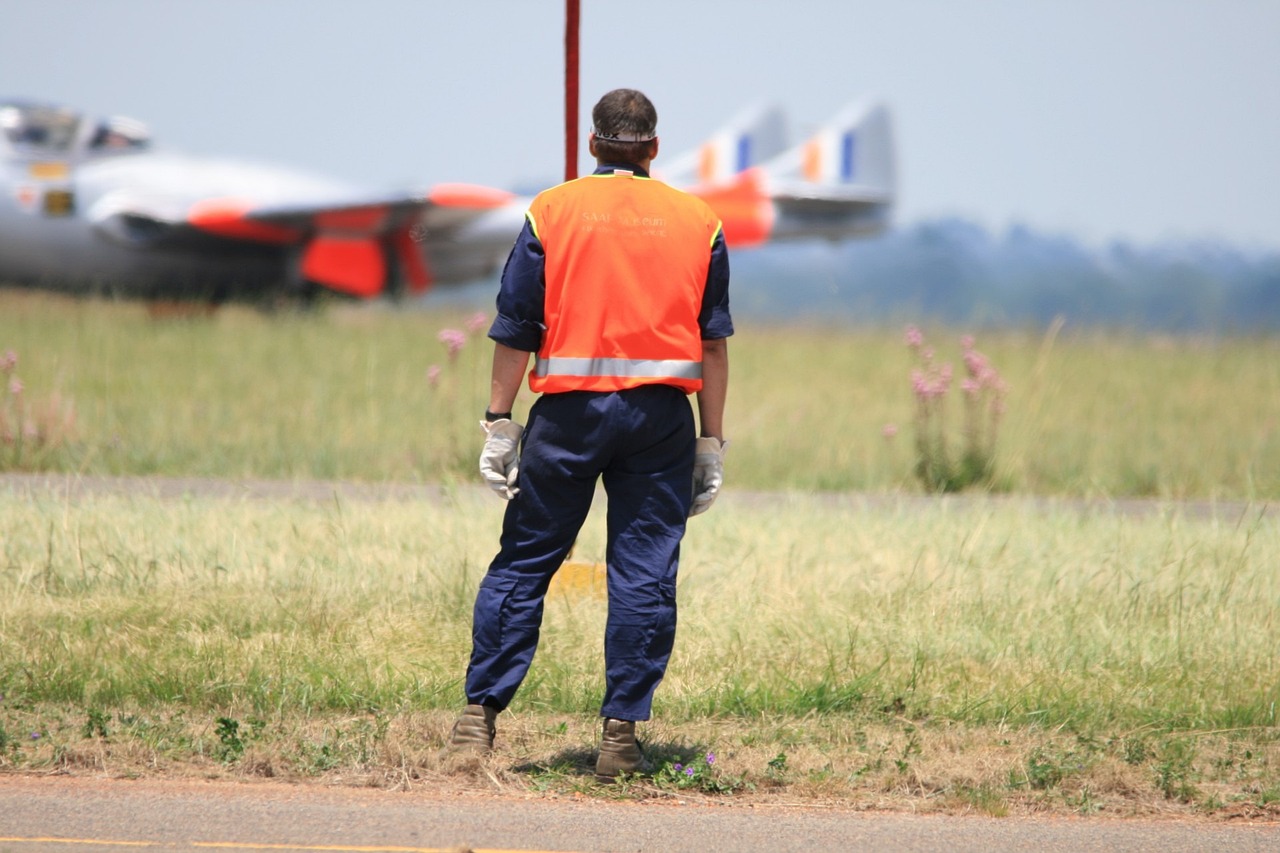Staff shortages due to Covid have led to cancellations and knock-on delays for thousands of travellers passing through Gatwick airport this week.
This is the second major airport issue impacting holidaymakers of late, with August’s Bank Holiday Monday seeing air traffic control issues grounding more than a quarter of UK flights, affecting around 250,000 people with ongoing disruption for several days.
Alan Price, CEO of BrightHR, explains how employers should approach such a situation:
“Flight delays and cancellations are a major annoyance – not only to the unsuspecting traveller whose plans of a relaxing getaway are scuppered, leaving them to face stress and potentially out of pocket.
“Employees may find themselves stranded on holiday, unable to return to work when they were meant to, leaving employers’ work schedules wide open and causing staffing chaos.
“It can be easy to get flustered when staff are not able to take flight. But employers should try to be flexible because after all, the circumstances are out of their employee’s control—and it’s likely the employee’s absence will last only one or two days.
“However, there is no legal obligation to pay employees who are absent because of flight cancellations—unless their contract contains a provision.
“Some ways to be flexible though include allowing last-minute absences to be covered by extra annual leave if your employee agrees, or the employee could use up some time banked in lieu. In both of these cases, pay will not be affected.
“But remember, it’s your employee’s responsibility to get in touch with you to let you know they’ll be absent. Failure to do so can be classed as unauthorised absence. But again, a degree of understanding is necessary. For instance, it may be that the timings of their delayed flight meant they were unable to get in touch when they should have, so keeping an open mind is key here.”









